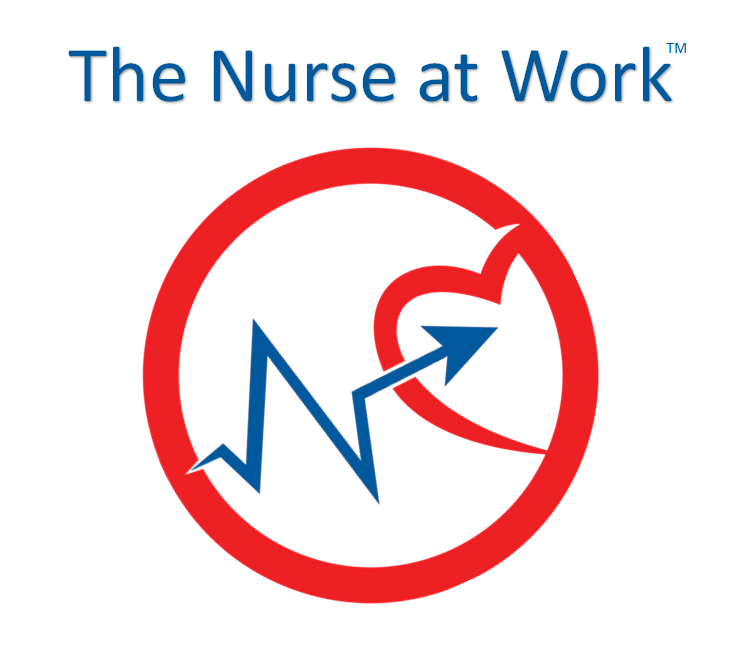Incivility in Nursing: An Underlying Threat to Healthcare
The nursing profession, recognized for its emphasis on compassionate care and teamwork, has been facing challenges from within due to increasing incidents of incivility. Recent studies underscore the severity and widespread nature of this problem, emphasizing its detrimental effects on nurses, patients, and healthcare organizations.
Understanding the Issue
Incivility in nursing refers to “any low-intensity deviant behavior with ambiguous intent to harm that falls outside of societal norms for mutual respect” (Sliter et al., 2017). These behaviors can include eye-rolling, sarcasm, exclusion, and belittling comments, to name a few.
Scope of the Problem
According to a recent study by Vessey, DeMarco, and DiFazio (2019), over 85% of nurses have experienced some form of workplace incivility in the past year. This alarming figure reflects the ubiquity of the problem across healthcare settings.
Implications for Nurse Well-being
Incivility contributes to emotional exhaustion, reduced job satisfaction, and intentions to leave the profession (Osatuke et al., 2018). Prolonged exposure can lead to burnout, affecting nurses’ mental and emotional well-being.
Impact on Patient Care
Incivility in nursing can result in compromised patient safety. Distractions, reduced collaboration, and communication breakdowns linked to uncivil behaviors can lead to medication errors, overlooked patient symptoms, and reduced patient satisfaction (Spence Laschinger & Fida, 2015).
Countering the Challenge
Addressing this issue requires a multi-faceted approach. Incorporating civility training in nursing curriculum, fostering supportive leadership, and promoting open dialogue can pave the way for a more respectful workplace (Vessey, DeMarco, & DiFazio, 2019). Organizations are also adopting zero-tolerance policies and encouraging reporting of incivility incidents.
Conclusion
The issue of incivility in nursing is pressing, with profound implications for nurses and patient care. Proactive measures are needed at both educational and organizational levels to safeguard the core values of the nursing profession.
References
Osatuke, K., Moore, S. C., Ward, C., Dyrenforth, S. R., & Belton, L. (2018). Civility, Respect, Engagement in the Workforce (CREW) Nationwide Organization Development Intervention at Veterans Health Administration. Journal of Applied Behavioral Science, 54(1), 44-74.
Sliter, K., Sliter, M., & Jex, S. (2017). The employee as a punching bag: The effect of multiple sources of incivility on employee withdrawal behavior and sales performance. Journal of Organizational Behavior, 38(6), 791-806.
Spence Laschinger, H. K., & Fida, R. (2015). New nurses burnout and workplace wellbeing: The influence of authentic leadership and psychological capital. Burnout Research, 2(1), 19-28.
Vessey, J. A., DeMarco, R. F., & DiFazio, R. (2019). Bullying, harassment, and horizontal violence in the nursing workforce. Annual Review of Nursing Research, 37(1), 49-70.

